


Books in series

Seinfeld and Philosophy
A Book about Everything and Nothing
1999

The Simpsons and Philosophy
The D'oh! of Homer
2001

The Matrix and Philosophy
Welcome to the Desert of the Real
2002

Buffy the Vampire Slayer and Philosophy
Fear and Trembling in Sunnydale
2003

The Lord of the Rings and Philosophy
One Book to Rule Them All
2003

Baseball and Philosophy
Thinking Outside the Batter's Box
2004

The Sopranos and Philosophy
I Kill Therefore I Am
2004

Woody Allen and Philosophy
[You Mean My Whole Fallacy Is Wrong?]
2004
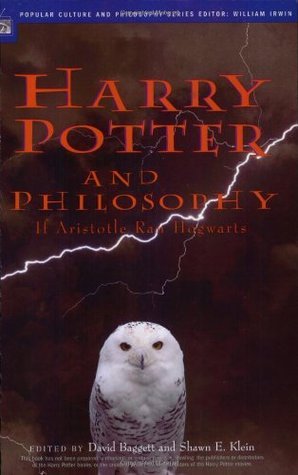
Harry Potter and Philosophy
If Aristotle Ran Hogwarts
2004

Mel Gibson's Passion and Philosophy
The Cross, the Questions, the Controversy
2004

More Matrix and Philosophy
Revolutions and Reloaded Decoded (Popular Culture and Philosophy)
2005

Star Wars and Philosophy
More Powerful than You Can Possibly Imagine
2005

Superheroes and Philosophy
Truth, Justice, and the Socratic Way
2001

The Atkins Diet and Philosophy
Chewing the Fat with Kant and Nietzsche
2005

The Chronicles of Narnia and Philosophy
The Lion, the Witch, and the Worldview
2014

Hip-Hop and Philosophy
Rhyme 2 Reason
2005

Bob Dylan and Philosophy
It's Alright Ma
2005

Harley-Davidson and Philosophy
Full-Throttle Aristotle
2006

Monty Python and Philosophy
Nudge Nudge, Think Think!
2006

Poker and Philosophy
Pocket Rockets and Philosopher Kings
2006

U2 and Philosophy
How to Decipher an Atomic Band
2006

James Bond and Philosophy
Questions Are Forever
2006

Bullshit and Philosophy
2006

The Beatles and Philosophy
Nothing You Can Think that Can't Be Thunk
2006

South Park and Philosophy
Bigger, Longer, and More Penetrating
2007

Hitchcock and Philosophy
Dial M for Metaphysics
2007

The Grateful Dead and Philosophy
Getting High Minded about Love and Haight
2007

Quentin Tarantino and Philosophy
2007

Pink Floyd and Philosophy
Careful with that Axiom, Eugene!
2010

Johnny Cash and Philosophy
The Burning Ring of Truth
2008

Bruce Springsteen and Philosophy
Darkness on the Edge of Truth
2008

Battlestar Galactica and Philosophy
Mission Accomplished or Mission Frakked Up?
2008

iPod and Philosophy
iCon of an ePoch
2008

Star Trek and Philosophy
The Wrath of Kant
2008

The Wizard of Oz and Philosophy
Wicked Wisdom of the West
2008

Radiohead and Philosophy
2009

Jimmy Buffett and Philosophy
The Porpoise Driven Life
2009

Transformers and Philosophy
More than Meets the Mind
2009

Stephen Colbert and Philosophy
I Am Philosophy (And So Can You!)
2009

The Golden Compass and Philosophy
God Bites the Dust
2009

Led Zeppelin and Philosophy
All Will Be Revealed
2009

World of Warcraft and Philosophy
Wrath of the Philosopher King
2009

Mr. Monk and Philosophy
The Curious Case of the Defective Detective
2010

Anime and Philosophy
Wide Eyed Wonder
2010

The Red Sox and Philosophy
Green Monster Meditations
2010

Zombies, Vampires, and Philosophy
New Life for the Undead
2006

Facebook and Philosophy
What's on Your Mind?
2010

Soccer and Philosophy
Beautiful Thoughts on the Beautiful Game
2010

Manga and Philosophy
Fullmetal Metaphysician
2010

Martial Arts and Philosophy
Beating and Nothingness
2010

The Onion and Philosophy
Fake News Story True Alleges Indignant Area Professor
2010

Doctor Who and Philosophy
Bigger on the Inside
2010

Dune and Philosophy
Weirding Way of the Mentat
2011

Rush and Philosophy
Heart and Mind United
2011

Dexter and Philosophy
2011

Halo and Philosophy
Intellect Evolved
2011

SpongeBob SquarePants and Philosophy
2011

Sherlock Holmes and Philosophy
The Footprints of a Gigantic Mind
2011

Inception and Philosophy
Ideas to Die For
2011

Philip K. Dick and Philosophy
Do Androids Have Kindred Spirits?
2011

The Rolling Stones and Philosophy
It's Just a Thought Away
2011

Chuck Klosterman and Philosophy
The Real and the Cereal
2012

Neil Gaiman and Philosophy
Gods Gone Wild!
2012
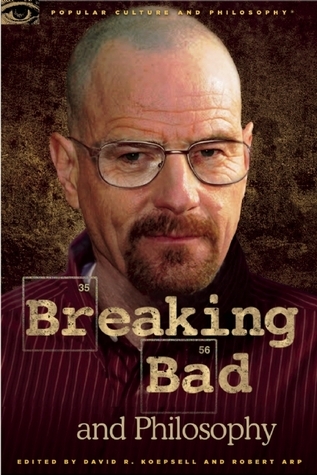
Breaking Bad and Philosophy
Badder Living through Chemistry
2012

The Walking Dead and Philosophy
Zombie Apocalypse Now
2012

Curb Your Enthusiasm and Philosophy
Awaken the Social Assassin Within
2012

Dungeons and Dragons and Philosophy
Raiding the Temple of Wisdom
2012

The Catcher in the Rye and Philosophy
A Book for Bastards, Morons, and Madmen
2012

Jeopardy! and Philosophy
What is Knowledge in the Form of a Question?
2012

The Wire and Philosophy
This America, Man
2013

Planet of the Apes and Philosophy
Great Apes Think Alike
2013
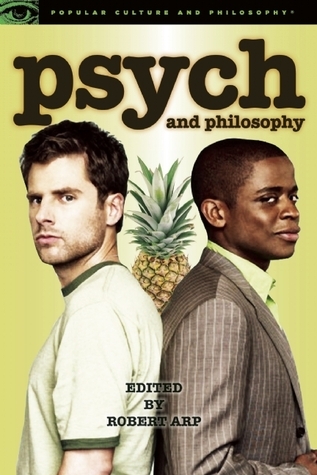
Psych and Philosophy
Some Dark Juju-Magumbo
2013

The Good Wife and Philosophy
Temptations of Saint Alicia
2013

Boardwalk Empire and Philosophy
Bootleg This Book
2013

Futurama and Philosophy
2013

Frankenstein and Philosophy
The Shocking Truth
2013

Ender's Game and Philosophy
Genocide Is Child's Play
2013

How I Met Your Mother and Philosophy
Being and Awesomeness
2013

Jurassic Park and Philosophy
The Truth Is Terrifying
2014

The Devil and Philosophy
The Nature of His Game
2014

Leonard Cohen and Philosophy
Various Positions
2014

Homeland and Philosophy
For Your Minds Only
2014

Girls and Philosophy
This Book Isn't a Metaphor for Anything
2014

Adventure Time and Philosophy
The Handbook for Heroes
2014

Justified and Philosophy
Shoot First, Think Later
2014

Steve Jobs and Philosophy
For Those Who Think Different
2015

Dracula and Philosophy
Dying to Know
2015

It's Always Sunny and Philosophy
The Gang Gets Analyzed
2015

Orange Is the New Black and Philosophy
Last Exit from Litchfield
2015

More Doctor Who and Philosophy
Regeneration Time
2015

Divergent and Philosophy
The Factions of Life
2015

Downton Abbey and Philosophy
2015

Hannibal Lecter and Philosophy
The Heart of the Matter
2015

The Ultimate Walking Dead and Philosophy
Hungry for More
2015

The Princess Bride and Philosophy
Inconceivable!
2015

Louis C.K. and Philosophy
You Don't Get to Be Bored
2016

Batman, Superman, and Philosophy
2016

Discworld and Philosophy
Reality Is Not What It Seems
2016

Orphan Black and Philosophy
Grand Theft DNA
2016

David Bowie and Philosophy
Rebel Rebel
2016
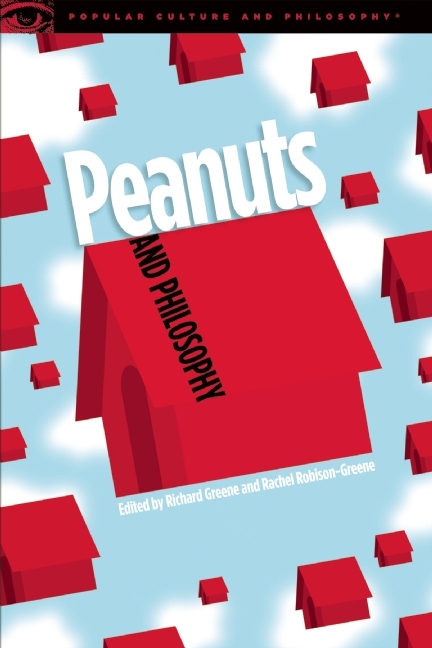
Peanuts and Philosophy
You're a Wise Man, Charlie Brown!
2016
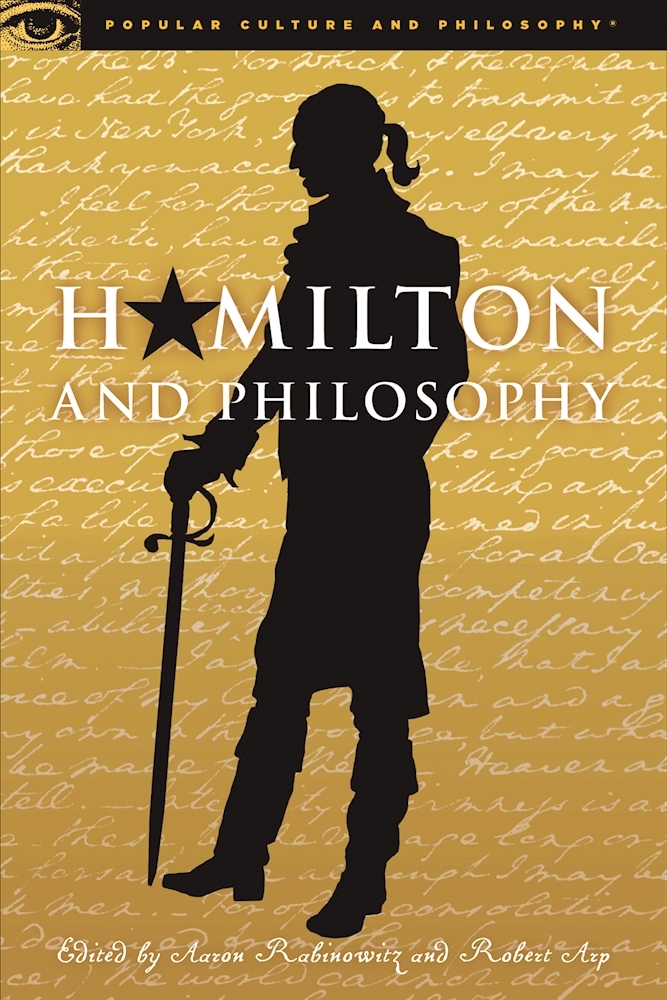
Hamilton and Philosophy
Revolutionary Thinking
2017
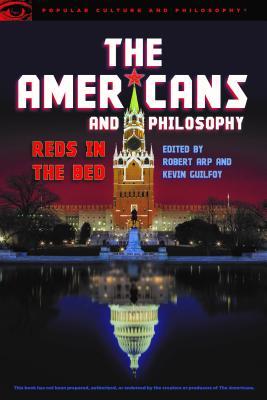
The Americans and Philosophy
Reds in the Bed
2017
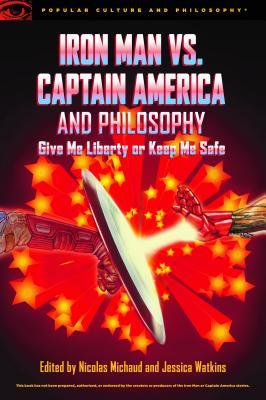
Iron Man vs. Captain America and Philosophy
2018
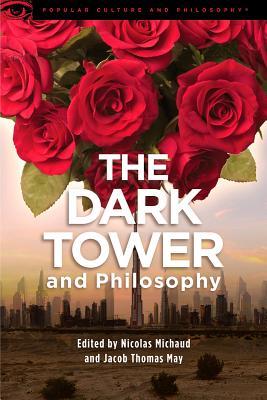
The Dark Tower and Philosophy
2018
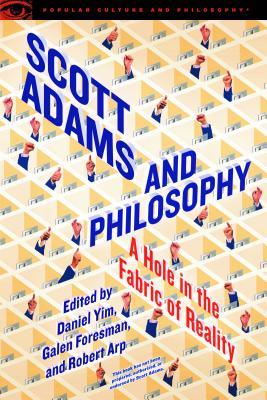
Scott Adams and Philosophy
2018
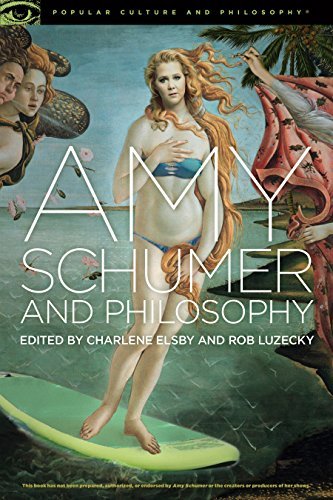
Amy Schumer and Philosophy
Brainwreck!
2018
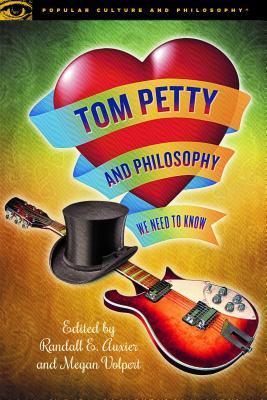
Tom Petty and Philosophy
We Need to Know
2019
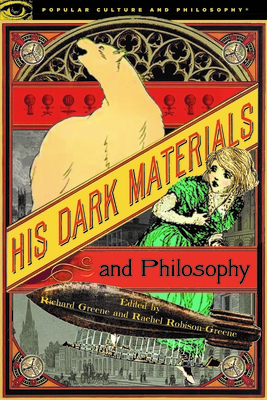
His Dark Materials and Philosophy
2020
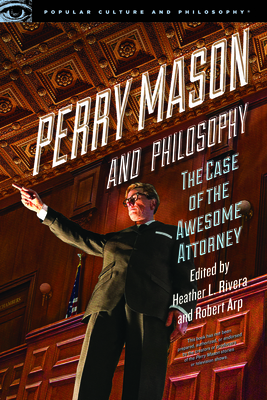
Perry Mason and Philosophy
The Case of the Awesome Attorney
2020
Authors





Jan Hus c. 1369 – 6 July 1415), often referred to in English as John Hus or John Huss, was a Czech priest, philosopher, reformer, and master at Charles University in Prague. After John Wycliffe, the theorist of ecclesiastical Reformation, he was, before Luther, Calvin and Zwingli, the first actual Church reformer. He is famed for having been burned at the stake for heresy against the doctrines of the Catholic Church, including those on ecclesiology (the branch of theology concerned with the nature, constitution and functions of the Church), the Eucharist (the most important Christian sacrament), and other theological topics. Hus was a key predecessor to the Protestant movement of the sixteenth century, and his teachings had a strong influence on the states of Europe, most immediately in the approval for the existence of a reformist Bohemian religious denomination, and, more than a century later, on Martin Luther himself. Between 1420 and 1431, the Hussite forces defeated five consecutive papal crusades against followers of Hus. Their defense and rebellion against Roman Catholics became known as the Hussite Wars. A century later, as many as 90% of inhabitants of the Czech lands were non-Catholic and followed the teachings of Hus and his successors.


Jorge J.E. Gracia is the Samuel P. Capen Chair, SUNY Distinguished Professor in the Department of Philosophy and Department of Comparative Literature in the State University of New York at Buffalo. His areas of specialization include Metaphysics/Ontology, Philosophical Historiography, Philosophy of Language/Hermeneutics, Ethnicity/Race/Nationality Issues, Hispanic/Latino Issues, Medieval/Scholastic Philosophy and Hispanic/Latino/Latin-American Philosophy. While Gracia's earlier work was primarily in the areas of Medieval Philosophy and Metaphysics, much of his recent work has focused on issues of race, ethnicity and identity. His contributions to the philosophical study of race and ethnicity have been groundbreaking. It is within this area that Gracia proposed his familial-historical view of ethnicity and his genetic common-bundle view of race. These views of race and ethnicity have helped to shape the field and addressed many issues that previous theories had left unanswered.

D.E. Wittkower received a Ph.D in Philosophy from Vanderbilt University in 2006. His training concentrated on German philosophy and the history of value theory (ethics, aesthetics, social/political philosophy), and his research has concentrated primarily on issues of ethics, technology, and political philosophy. Prior to accepting the position of Assistant Professor of Philosophy at Old Dominion University, he taught at Coastal Carolina University, Sweet Briar College, Virginia Tech, University of Missouri - St. Louis, and University of Maine - Orono. He is contributing editor of Facebook and Philosophy (Open Court, in press), Mr. Monk and Philosophy (Open Court, 2010), and iPod and Philosophy (Open Court, 2008); contributor to Applying Care Ethics to Business (Springer, forthcoming 2011), Audiobooks, Literature, and Sound Studies (Routledge, forthcoming 2011), Encyclopedia of Social Networking (SAGE, forthcoming 2010), Putting Knowledge to Work and Letting Information Play (Center for Digital Discourse and Culture, forthcoming 2010), The Psychology of Facebook (Stanford Persuasive Technology Lab, forthcoming 2010), Anime and Philosophy (Open Court, 2010), Ethical Issues in E-Business (IGI Global, 2010), and Radiohead and Philosophy (Open Court, 2009); and author of articles appearing in Social Identities and Fast Capitalism.

Eric Bronson is the author or editor of seven books. He has a Ph.D. in philosophy and currently teaches in the Humanities Department at York University in Toronto. His classes on Modern Life focus on anxiety, creativity, and happiness. His most recent book, Enchanted Wisdom, takes readers through the ancient religious roots of enchanting activities from around the world like cooking Chinese food, climbing Mt. Everest, and dancing to gospel music. His most recent work of historical fiction, King of Rags, explores Scott Joplin's tragic quest to write the music of civil rights fifty years before America was ready to listen. The Chicago Sun Times noted that Bronson's "Baseball and Philosophy makes you realize just how fun thinking about baseball really is."



